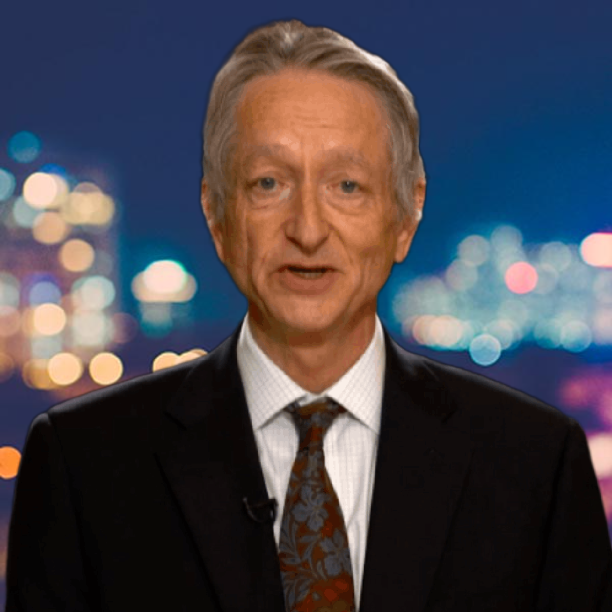The so-called “godfather of artificial intelligence,” Geoffrey Hinton, just left his illustrious position at Google this week. He is set to embark on a more controversial role of raising awareness of potential and imminent risks AI presents to humans.
Why the haste?
The AI pioneer says there is a potential danger to AI these days given that it is at a point where it is becoming smarter than humans to a point that could lead to dangerous situations.
Hinton’s groundbreaking work on deep learning and neural networks over the course of his lengthy career helped build the groundwork for a lot of the AI technologies we use today including ChatGPT and Dall-E.
In recent months, there has been a flurry of new AI developments as the San Francisco-based startup OpenAI, which is financed by Microsoft and is the creator of ChatGPT, released its most recent version of artificial intelligence, GPT-4, in March. Other internet behemoths have made investments in rival products, such as Hinton’s former employer Google’ with their AI product called “Bard.”
Hinton is a computer scientist who spent over ten years working at Google as a vice president and fellow.
In 2012, he made a technological advancement that is the basis for modern AIs like ChatGPT. In interviews with the media, he claimed that he felt forced to “blow the whistle” on the technology he invented because he worries that it is growing too strong.
The British scientist joined Google in 2013 after it spent $44 billion to acquire a business he and two of his students founded. He started working on the concepts that underlie AI in the early 1970s.
However, the 75-year-old has grown to be a vocal opponent of what he claims is its potential abuses and claims that a part of him regrets developing the technology.
He said in an interview with the New York Times, “I console myself with the usual justification: If I hadn’t done it, someone else would have.”
Prior to his resignation, Hinton oversaw the Google Brain research division. He and two colleagues were honored with the Turing Award, dubbed the “Nobel Prize of computing,” in 2018.
In a report by the BBC, he described some of the risks posed by AI chatbots as “quite scary.”
“As far as I can tell, they are not now smarter than we are, but I believe they will soon surpass us in intelligence,” Hinton said.
In addition, Dr. Hinton acknowledged that his advanced age had influenced his choice to depart Google, telling the BBC that “I’m 75, so it’s time to retire.”
Current AI systems like ChatGPT are the result of Dr. Hinton’s groundbreaking work in the fields of neural networks and deep learning for the past decades.
Among his legacy work in AI involves the backpropagation algorithm, which is a widely used method for training artificial neural networks.
Hinton is considered one of the “pioneers of deep learning,” a subfield of machine learning that involves training artificial neural networks with many layers.
His work on convolutional neural networks, which are neural networks that are designed to process data with a grid-like topology, has been influential in many applications, including image and speech recognition.
Most importantly, his work on generative models, such as deep belief networks and variational autoencoders, has been influential in the development of unsupervised learning algorithms for generating new data.
Read More Stories: The Truth Behind Elon Musk’s Next AI Venture
